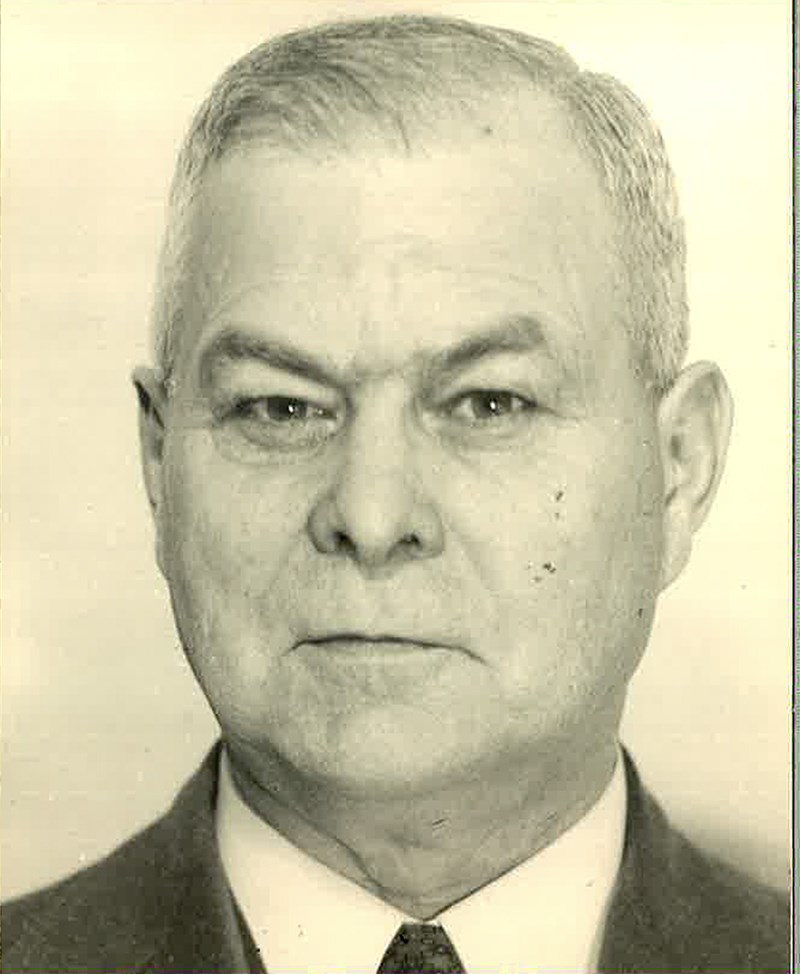Phil Egan
The Second World War was not quite nine months old when a story broke in The Sarnia Observer.
It was a proposal designed to stifle “pro-enemy sympathizers” because some prominent citizens worried about “fifth column” activities meant to harm the war effort.
The phrase “fifth column” has an interesting origin, and was only four years old at the time. During the Spanish Civil War, a journalist had reported a comment made by Nationalist General Emilio Mola. The general said that, as his four columns of troops approached Madrid, a fifth column of supporters was undermining the Republican government from within.
The question of a fifth column here was raised in 1940 by Chief Constable William J. Lannin of the Sarnia Police Department.
Lannin told the newspaper Sarnia needed to organize a “secret corps” of reliable informants to report suspicions about their neighbours. The chief, the police officers and other organizations agreed they wouldn’t have any difficulty recruiting a group of citizen spies.
Patriotic men and women would enlist, and information they had about suspect neighbours would be provided to the city police, the OPP or the RCMP as the situation warranted.
“I feel that the time has come when we in Sarnia must take some steps to stifle any subversive elements in this city or district,” Lannin said.
“A uniformed police officer or someone connected with the police cannot secure information in such matters as easily as someone not identified with the police.”
Lannin said only police would know the identity of this “secret corps” of informants, and their work would be limited to reporting only on residents suspected of “pro-enemy” sympathies.
Yikes.
During the Great War, hundreds of thousands of Canadians rightfully grumbled about the management of the war and its resulting carnage. Would criticism of the generals be regarded by citizen spies as “pro-enemy sympathies?”
Sarnia Crown Attorney H.M. Taylor quickly offered his support to Chief Lannin. While leaving a meeting held to discuss the establishment of a home defence unit, Taylor expressed his “total agreement” with the chief’s proposal.
Minutes of the police commission’s board meetings for the war years have gone missing at City Hall, so we don’t know what the police board did with Lannin’s call for a local unit of citizen spies.
Lannin was Sarnia’s police chief from 1921 to 1942. He had previously served almost 13 years as a Toronto police constable, was Stratford’s chief of police, and was later the OPP’s divisional superintendent for Western Ontario.
